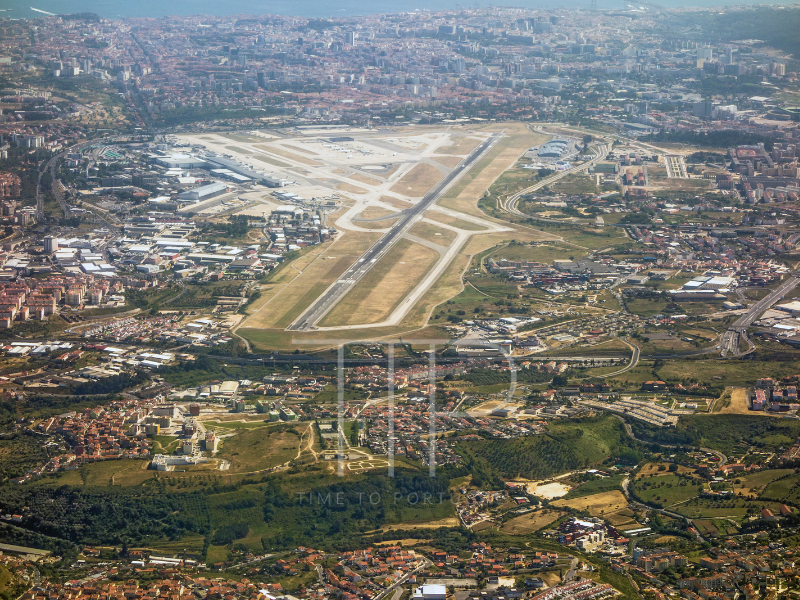President of the AHP warns that “any delays in Portugal and the lack of alternatives until the new airport is completed will result in a loss of competitiveness for the Portuguese economy”.
The increase in capacity at Madrid airport could bring “potential benefits” to Portugal, but the “lack of alternatives” until the new Lisbon airport is completed means “losses of competitiveness”, said the president of the AHP.
Responding to Lusa, Bernardo Trindade, who heads the Hotel Association of Portugal (AHP) said that “the increase in capacity at Madrid airport, which has now been announced, will naturally bring advantages to Spain and its regions”.
According to the association leader, “considering the proximity, there is a potential benefit for Portugal, especially in arrivals from more distant destinations, such as the Orient, and from where there are no direct flights to Portugal”.
“However, it is clear once again that any delays in Portugal and the lack of alternatives until the new airport is completed will result in a loss of competitiveness for the Portuguese economy, especially given the importance of tourism for the country,” he said.
Madrid airport will increase its capacity by 28% by 2031, to 90 million passengers a year, following an investment of 2.4 billion euros, the Prime Minister of Spain, Pedro Sánchez, announced last week.
This is “the largest investment in airport infrastructure in Spain in the last decade”, said Sánchez, during a visit to the Madrid International Tourism Fair (FITUR), considered the world’s largest in the sector.
“We’re going to turn Madrid airport into one of the largest airports in the European Union and, therefore, in the world, with a vocation to consolidate itself as a hub for connections between Europe and Latin America and also Asia,” he added.
After pointing out that in 2023 Spain achieved record tourism figures, both in terms of visitors, revenue and employment in the sector, Sánchez considered that infrastructures are crucial for the country to be and continue to be “a world tourism power”.
According to him, Madrid airport currently generates, directly or indirectly, almost 10% of the Gross Domestic Product (GDP) of the Madrid region and the expansion “will result in a strong growth in capacity and routes”, as well as the creation of thousands of new jobs.
“With this investment, we’re going to strengthen the leadership of the hub with Latin America and we’re going to develop the hub with Asia, with new routes and lines, that’s our ambition,” he said.
Spain’s airports handled a record 283.2 million passengers (tourists and others) in 2023, revealed the company AENA, which manages the country’s 48 civil airports.
Madrid airport had the highest number of passengers last year (60.2 million people, 18.9% more than in 2022), followed by Barcelona (49.9 million, 19.9% more).

